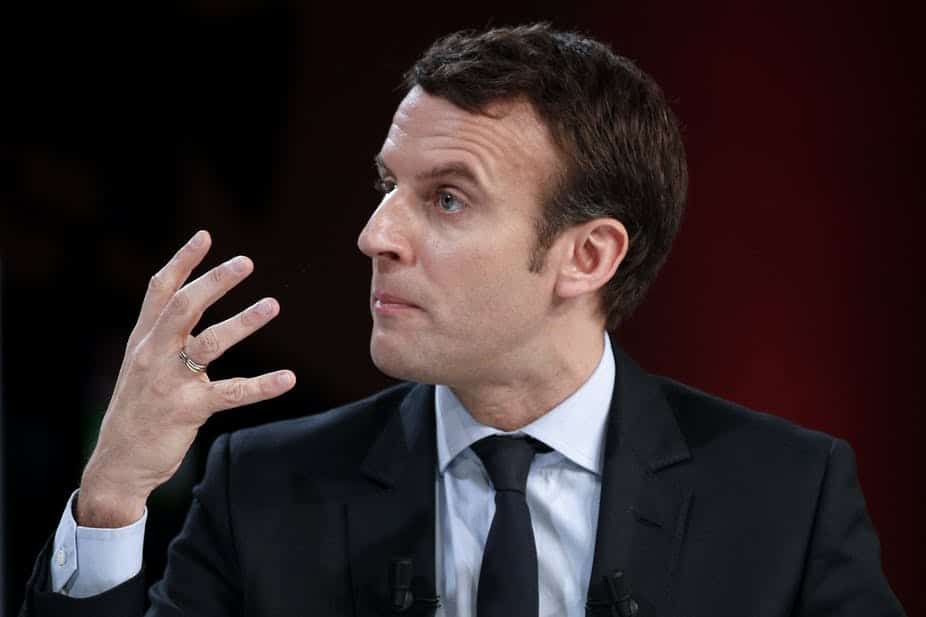In response to weeks of relentless heavy rains which have caused severe floods in 6 provinces in Sudan, the European Union has provided € 100.000 in humanitarian funding to assist the most affected families.
This EU funding will support the Sudanese Red Crescent in delivering much needed immediate relief assistance, such as shelter, blankets, basic essential items, and providing access to clean water and basic healthcare to 3500 families. It will also be used to sponsor volunteers to communicate on cholera and waterborne disease prevention, risk avoidance, and early warning systems on possible flooding or landslide threats.
The funds will benefit people in Blue Nile, Al Jazirah, and Khartoum provinces, and are part of the EU‘s overall contribution to the Disaster Relief Emergency Fund (DREF) of the International Federation of Red Cross and Red Crescent Societies (IFRC).
Widespread floods and landslides have affected 6 provinces in Sudan after prolonged heavy rainfall, resulting in at least 65 deaths since late July, with over 134.000 people having lost their homes. Damaged or muddy roads are making access to the affected areas difficult. Destroyed water systems and stagnant water can raise the risk of waterborne diseases. For this reason, particular emphasis is being given to sanitation and hygiene measures in the affected areas.
Background
The European Union and its Member States are the world’s leading donor of humanitarian aid. Relief assistance is an expression of European solidarity with people in need all around the world. It aims to save lives, prevent and alleviate human suffering, and safeguard the integrity and human dignity of populations affected by natural disasters and man-made crises.
Through its Civil Protection and Humanitarian Aid Operations department, the European Union helps millions of victims of conflict and disasters every year. With headquarters in Brussels and a global network of field offices, the European Union provides assistance to the most vulnerable people on the basis of humanitarian needs.
The European Union is signatory to a €3 million humanitarian delegation agreement with the International Federation of Red Cross and Red Crescent Societies (IFRC) to support the Federation’s Disaster Relief Emergency Fund (DREF). Funds from the DREF are mainly allocated to “small-scale” disasters – those that do not give rise to a formal international appeal.
The Disaster Relief Emergency Fund was established in 1985 and is supported by contributions from donors. Each time a National Red Cross or Red Crescent Society needs immediate financial support to respond to a disaster, it can request funds from the DREF. For small-scale disasters, the IFRC allocates grants from the Fund, which can then be replenished by the donors. The delegation agreement between the IFRC and ECHO enables the latter to replenish the DREF for agreed operations (that fit within its humanitarian mandate) up to a total of €3 million.
For further information, please contact:
Mathias Eick, Regional Information Officer, [email protected], or +254-722 791 604
Issued on: Khartoum 23 August 2020











/cloudfront-us-east-1.images.arcpublishing.com/expressandstar.mna/7CFVJVIYYJCH5MDNKT2MNESDSA.jpg?w=696&resize=696,0&ssl=1)

/https://www.thestar.com/content/dam/thestar/news/world/europe/2020/09/04/macron-decries-islamic-separatism-defends-blasphemy/PAR107-94_2020_074213.jpg?w=696&resize=696,0&ssl=1)

